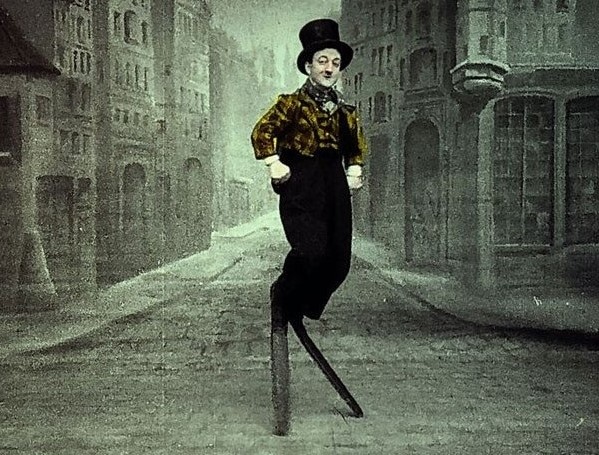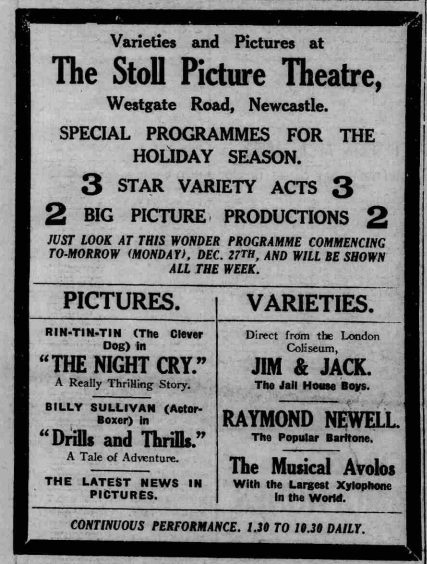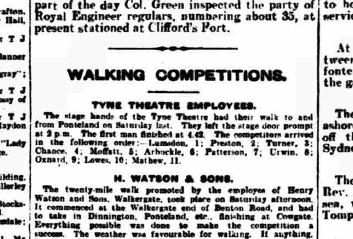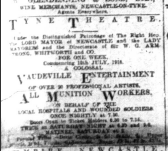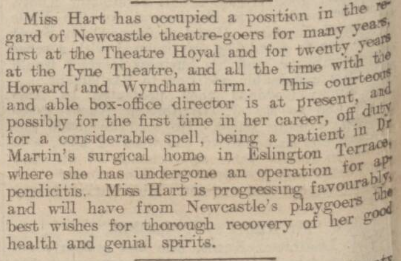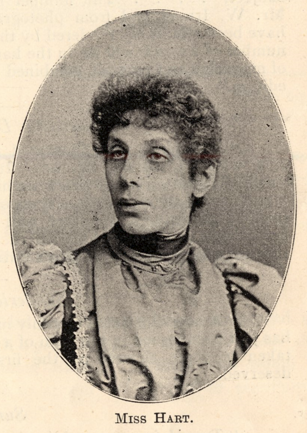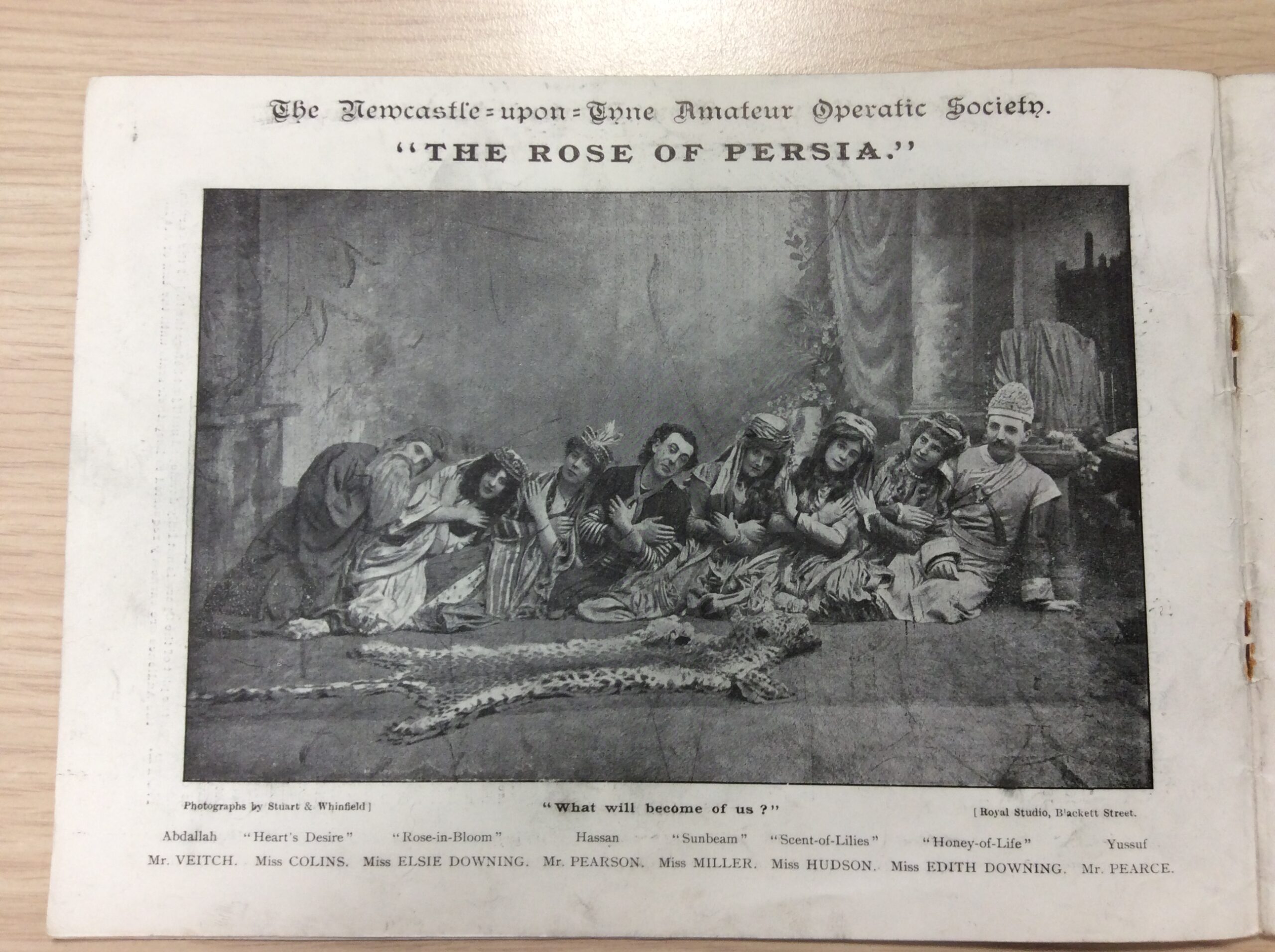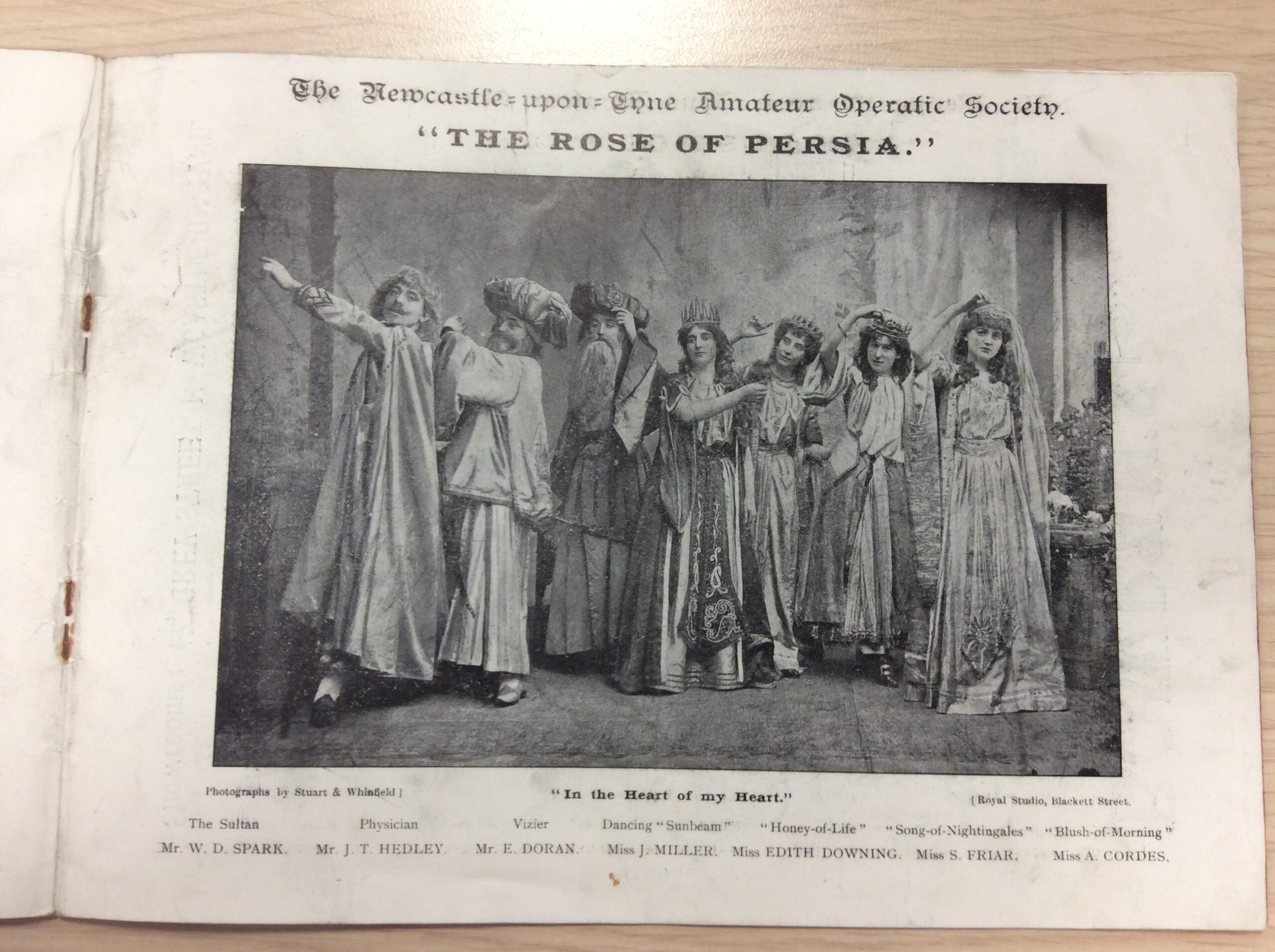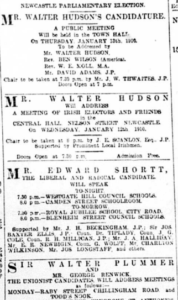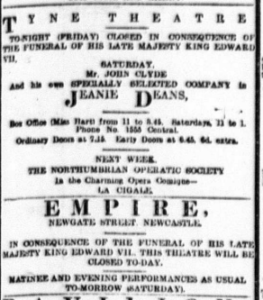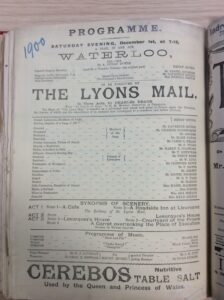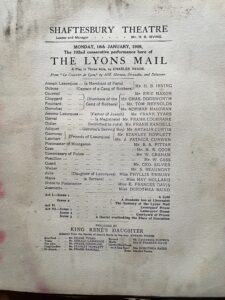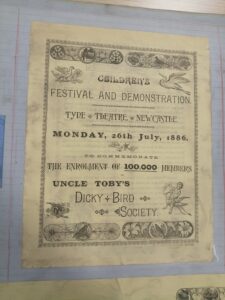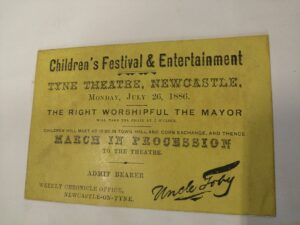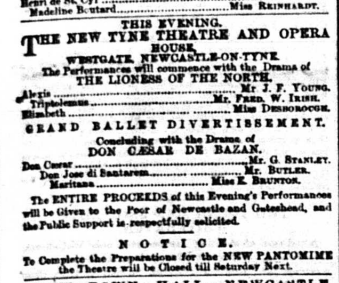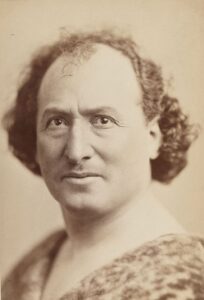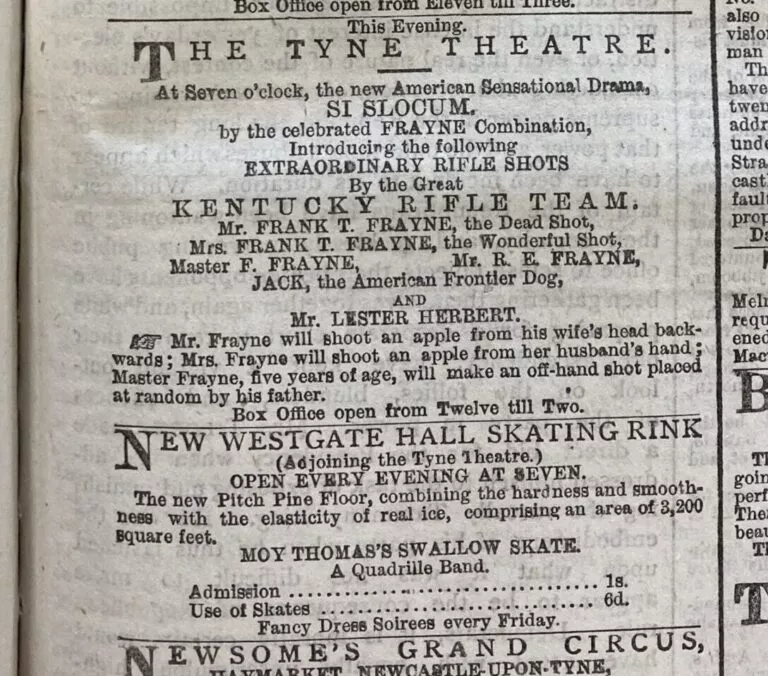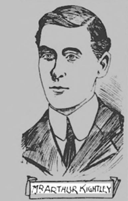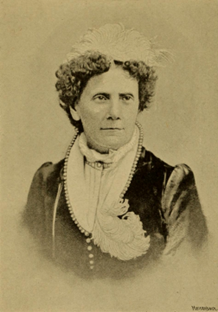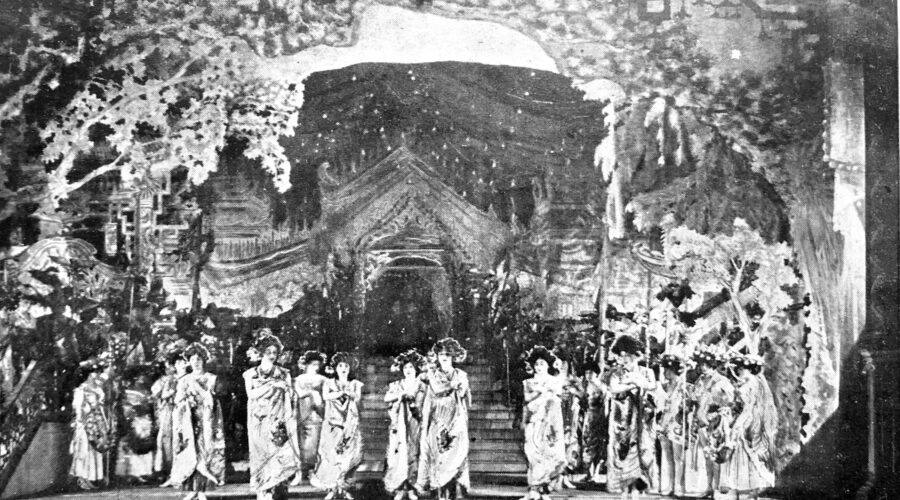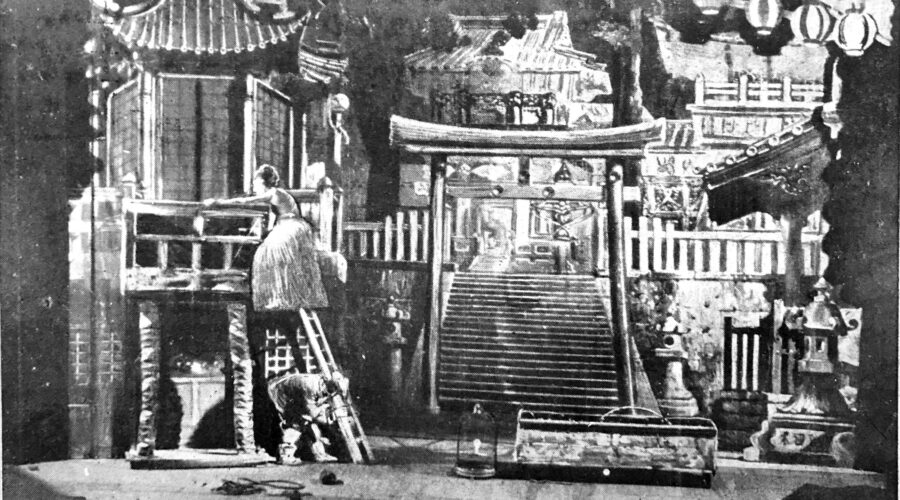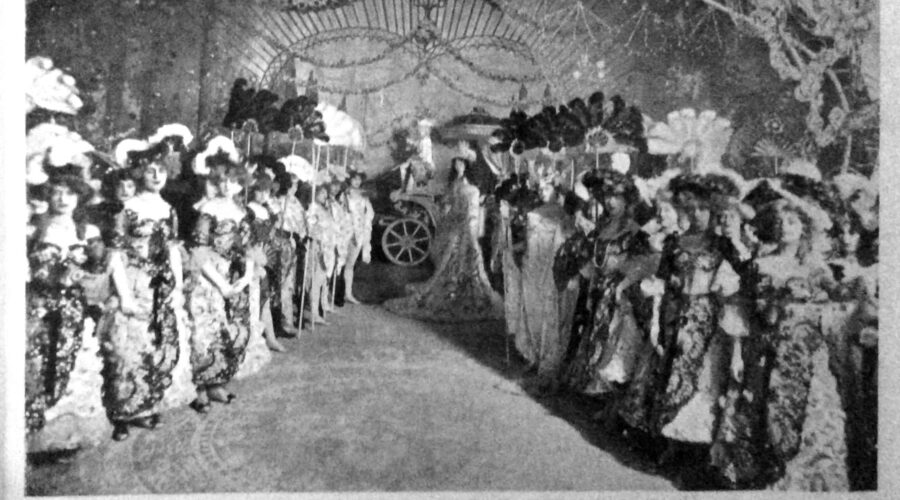Seven weeks after the Tyne Theatre opened, a planned performance of Shakespeare’s Romeo & Juliet was late starting due to the absence of the main actress, Mrs Scott Siddons. The performance had been advertised all week, so the theatre was well attended. Eventually, the theatre’s management announced that Miss Juliet Desborough “had consented to sustain the character of Juliet for this evening’s performance”. The show started and was hugely successful with the replacement actress warmly received and “a crowd of people lingering at the stage door to catch a glimpse of the fair heroine as she left the theatre.”
Juliet Desborough was a talented, well-trained, reliable and versatile dancer and actress who gave pleasure to many. Today there is little trace of her but volunteer Rose Wilson has been delving into her personal and theatrical history.
Juliet Eliza William Desborough was born in London in 1837 to parents Alleathea and Daniel. At four she went to Mr Coulton’s ballet school in London, and from seven she performed in metropolitan theatres, appearing before Royalty three times. She preferred acting rather than dance and played in various roles and theatres, later joining Charles Kean’s theatre company.
In 1860 she took a leading role at the Theatre Royal Newcastle in a series of Shakespeare plays with her sister Emma (9 years her senior) acting as chaperone. Her dancing and acting delighted audiences; “Her popularity was evinced by the doors being besieged by an immense concourse long before the time for their being opened”. She returned to the Theatre Royal the following season, in pantomime and drama, performing her famous Spanish dance. Juliet also raised funds for the Infirmary and victims of the Hartley Colliery disaster and was held in high esteem in Newcastle. At the end of the season, when the main role was given to another actress, the audience reacted badly, calling for Miss Desborough to appear and cheering for her outside the theatre.
Following tour seasons in south west England, she returned to Newcastle in July 1864 to participate in recitals at the Tyne Concert Hall where she was received enthusiastically. The Hall’s lessee was Stanley, who would go on to manage the Tyne Theatre. This connection certainly didn’t harm her – it was Desborough who starred in the opening production at the Tyne Theatre on 23 September 1867, giving the title role in Arrah-Na-Pogue, or The Wicklow Wedding. In the first few years of the Tyne Theatre, Juliet was a regular performer, both in comedies such as The Lioness of the North (where one of her cast fellows was Fred Irish who would become her husband), and in serious dramas such as One Touch of Nature. Her performance in May 1868 where she danced a surprise “tarantella”, seems to have been her last at the Tyne Theatre & Opera House.
Juliet went on to theatres in Edinburgh, Reading, then Hull’s Theatre Royal for the winter season (unfortunately curtailed by a serious fire in February). Two weeks later she was in Birmingham where reviews were favourable “she had for sometime past sustained the leading characters at this Theatre with great ability and power” and “she took her farewell amidst most sincere and heart cheering applause”. A starring role in a new play “Behind the Curtain” took her touring again with reviews finding her “a clever actress” who had “won a great reputation in the provinces, and more particularly in the North of England”.
In 1872 Juliet married comedian Fred Irish at St Georges, Hannover Square, and, like many women when they married, her performing career seems to have suffered. She appears for one last time as one of the witches in Macbeth at the Lyceum Theatre, alongside Henry Irving and Ellen Terry. This was a long run, playing from December 1888 and running until June 1889. Just over a year later, in July 1890 Juliet was privately admitted to the Camberwell Lunatic asylum, a progressive establishment and died on 5 February 1892 of influenza.
Mrs Scott Siddons was fashionable, well connected, highly publicised and a gifted reciter who made her name across the world leaving many written articles and portraits while Juliet Desborough was a talented, well-trained, reliable and versatile dancer and actress who gave pleasure to many, today there is little trace of her. The theatrical world is fickle, talent may not always be highly rewarded, and fame is often short lived.



